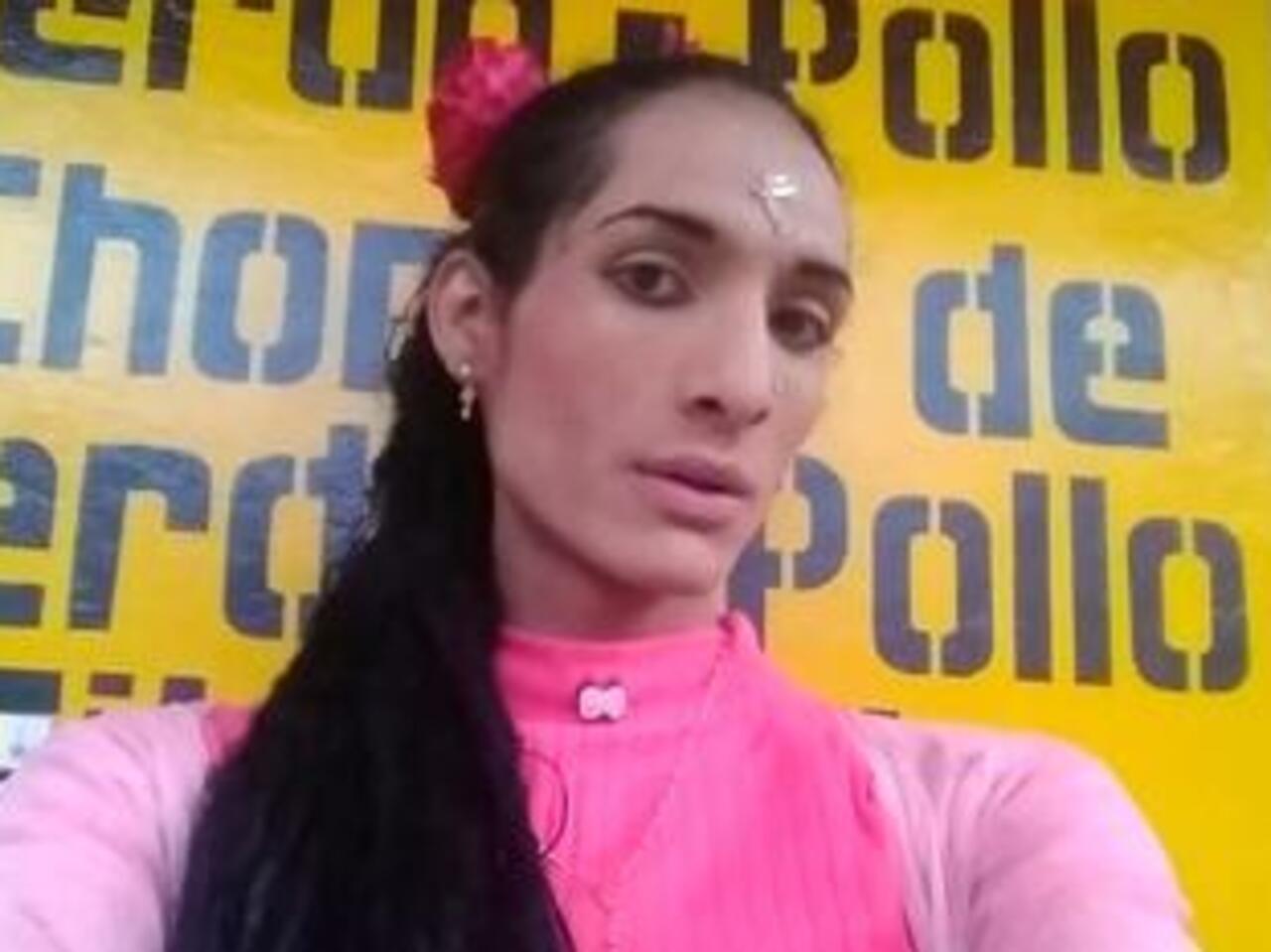The death of Sara Millerey González Borja, a trans woman from Bello, Antioquia, revealed a painful reality: in Colombia, being visible can cost you your life. Her story broke the silence and sparked a national outcry for justice.
Rights Denied in Latin America
There are lives that, when extinguished, illuminate a truth the entire country tries to avoid. It was not just the death of a trans woman. It was proof of a crime that not only kills bodies but also destroys hopes.
Who was Sara Millerey González?
Sara Millerey González Borja was 32 years old. She walked the streets of Bello, Antioquia, with the confidence of someone who knows their very existence is an act of bravery. She was known as «La Millerey,» an outgoing, devout, loving woman. She was the one who greeted everyone with a smile at the corner of Playa Rica, the neighborhood where she lived with her mother, and where it was impossible not to see her, not to love her, not to know who she was.
You may also be interested in: Remedyless crisis: the Colombian healthcare system sinks under debt, corruption, and state neglect
How was Sara Millerey murdered?
On Friday, April 6, 2025, at four in the afternoon, Sara’s name ceased to be part of the neighborhood routine and became a cry, a horror, a headline. She was found still alive, clinging to a branch in the middle of La García creek in Bello. Her body showed multiple fractures, signs of beating, and a desperation that could be heard in her voice as she cried for help. Neighbors saw her. Some recorded videos. No one approached. On the other side of the creek, male voices could be heard, threatening. Fear paralyzed those who could have helped her. They feared for their own lives. They feared helping her.
Sara’s body was rescued by firefighters. She was taken to La María hospital in Medellín, where she died hours later. Her death not only shook her community; it spread across social media, news outlets, and institutional corridors. But before all that, it devastated her mother.

Sandra Milena Borja, Sara’s mother, still cannot mention her name without her voice breaking. She remembers her as a joyful, affectionate child who used to write prayers in her spiral notebook. On one of those pages, in her own handwriting, Sara left an unsettling premonition: «I have gone through many fears and threats, which I hope never come true…» But they did.
On the day she died, Sara had stopped by her uncle’s house. She asked for money to buy soap and some clothes. They gave her five thousand pesos. She left, upset. An hour later, her body was being dragged by the current, wounded, while some watched, others filmed, and no one intervened. This crime was not an accident, nor a personal dispute. It was an act of hatred.
The hypotheses behind the crime
Authorities are handling several hypotheses. The most solid points to criminal gangs from the Buenos Aires sector, who might have attacked her as punishment. Another, even more disturbing version suggests it was an exemplary crime: a warning against those who, like Sara, dare to be visible. The fractures in her arms and legs, her internal injuries, and the condition in which she was found point to torture. The Prosecutor’s Office confirmed the degree of violence. LGBTIQ+ activists described it as a “disguised execution under silence.”
Read also: The Amazon River: a ‘serpent’ drying up in the heart of the jungle
Institutional reaction was quick, although for many, too late. The Mayor’s Office of Bello and the Government of Antioquia offered a reward of 100 million pesos for information leading to those responsible. President Gustavo Petro demanded the case be made a national priority. The Ministry of Equality activated the Emergency Cases Board. But none of this brought Sara back to life. And for the trans community, violence is nothing new.
Violence against trans people in Colombia
In Colombia, being trans still carries an implicit death sentence. Although gender-based feminicide is codified in the Penal Code, many crimes are not investigated as such. In 2024, there were 146 homicides of LGBTIQ+ individuals in the country. In just the first few months of 2025, there have already been 27 murders, 13 of them trans women. Antioquia and Valle del Cauca lead the statistics. Most cases remain unsolved.
In daily life, the risk is constant: walking down the street, looking for a job, going to the doctor, taking a taxi. Every basic decision can turn into a threat. In that context, Sara’s story becomes both a symbol and a denunciation. Her very existence, for many, was reason enough to hate her.
Sara Millerey’s legacy
Society responded. There were marches in Bello, Medellín, Bogotá, and Cali. Candlelight vigils were organized. Chants for justice were heard. Sara’s face became a banner. The creek where she was found was filled with flowers, banners, and tears. For a few days, Colombia seemed to confront an uncomfortable truth.
But the problem is not just the crime. It is the indifference. The indifference that justifies, that silences, that normalizes. The indifference that turns transphobia into a part of the landscape. It was that indifference that held the phone recording instead of helping. The same indifference that allows so many crimes to go unnamed, faceless, and without justice.
Today, the place where Sara used to sit and chat with her neighbors remains empty. But her story does not. Sara Millerey was one among many. And she was also all of them. Those who still cannot come out of the closet. Those who live in fear. Those who cannot say «I am» without fearing for their lives.
The river took her body. But not her name. That name now resounds louder than ever. Learn her story:




